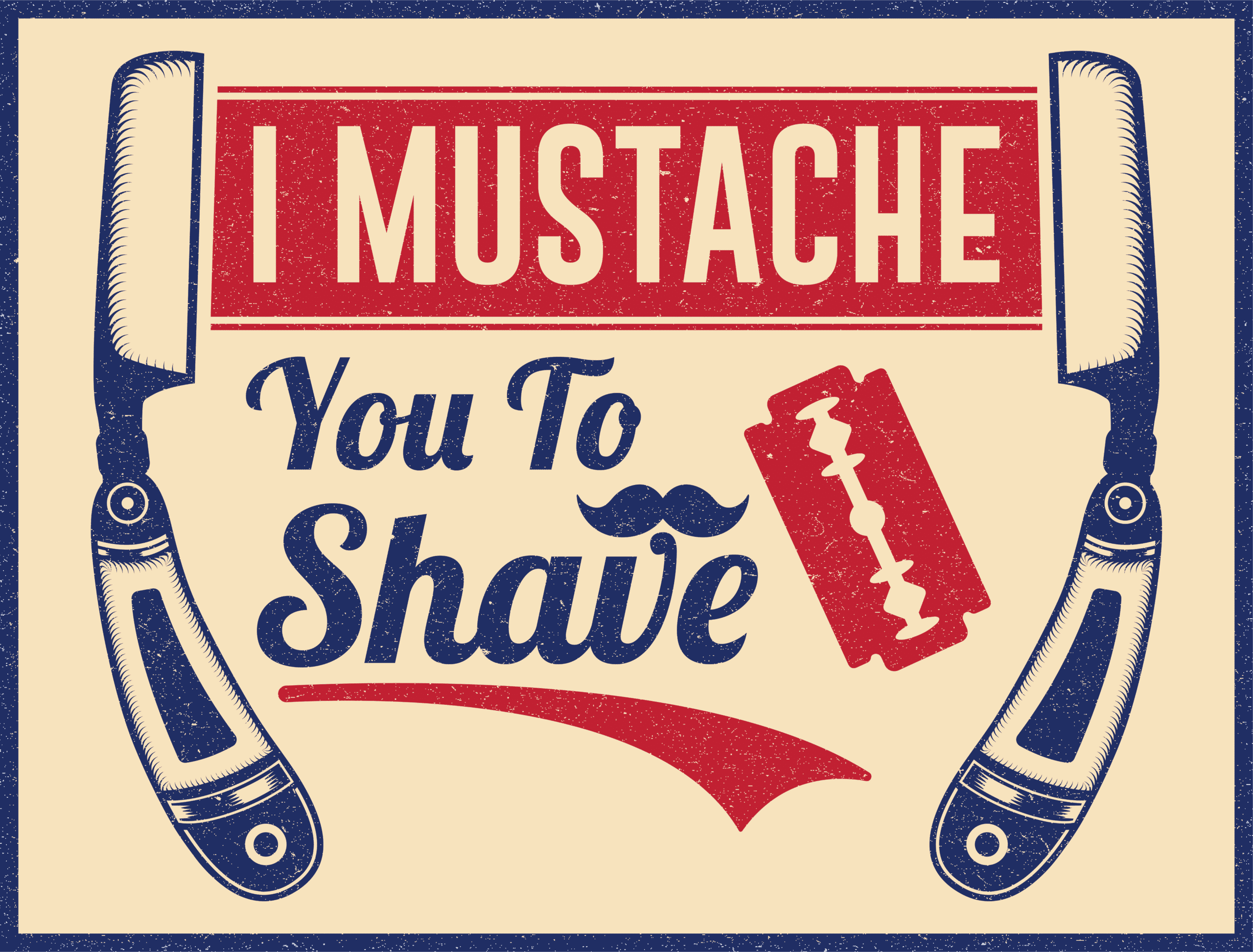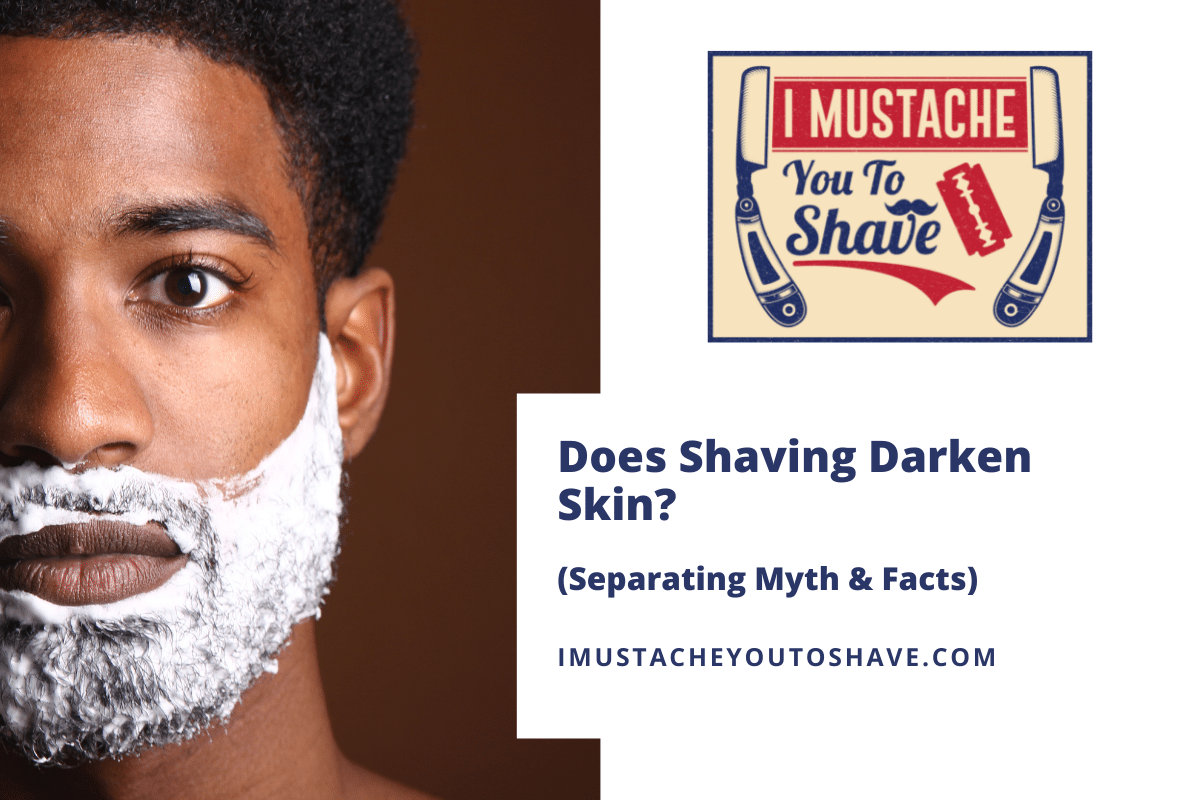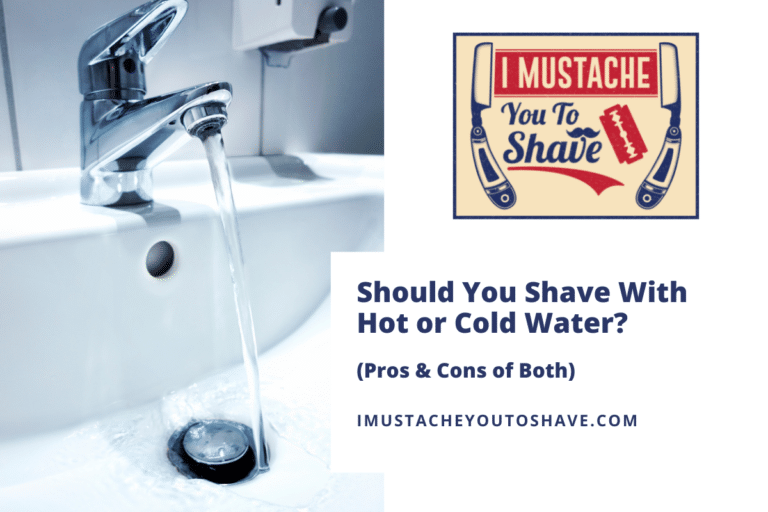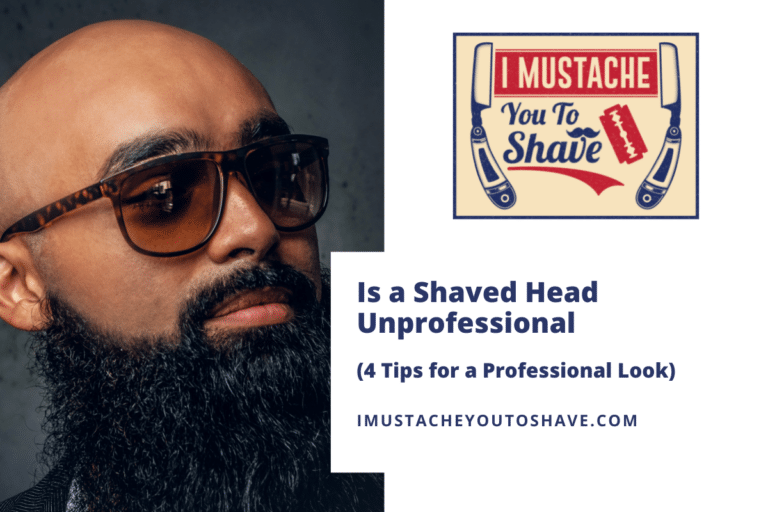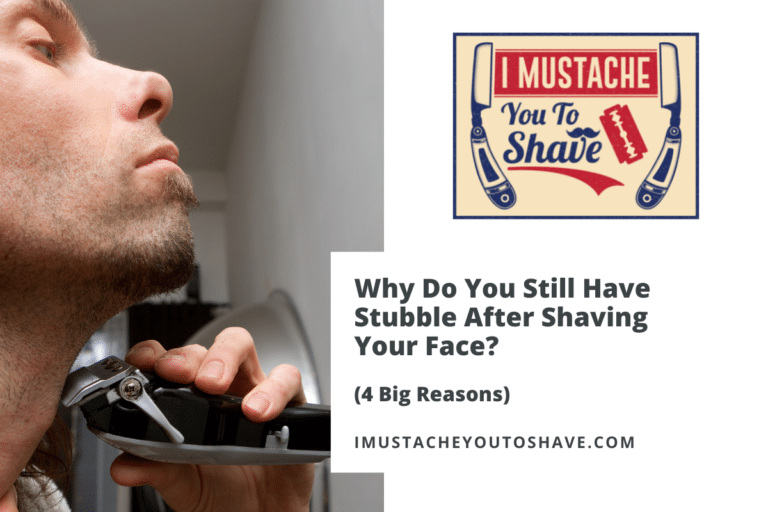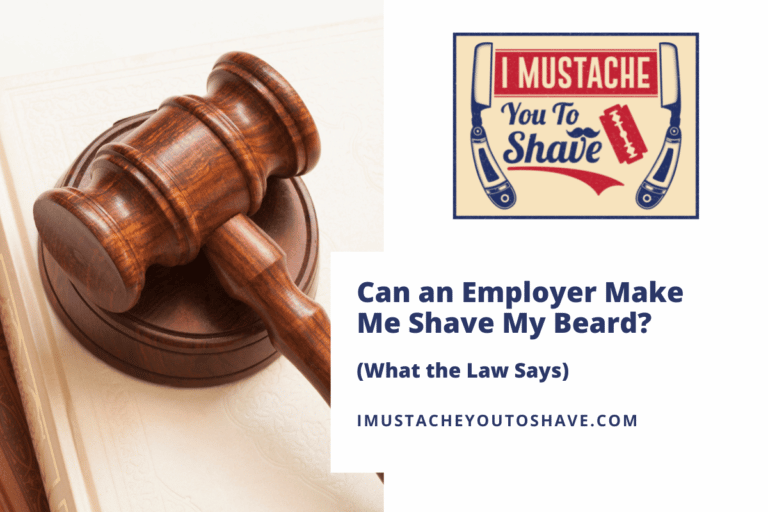Does Shaving Darken Skin? (Separating Myth & Facts)
A shave that looks great can make you feel great. But if you have noticed darker skin on your face from shaving, you need to know how this happens and how to avoid it!
Shaving that creates continuous cutting, scraping, or skin irritation can cause hyperpigmentation or a darkening of the skin in these areas. Proper skin preparation, shaving technique, exfoliation, and moisturizing can help prevent darkened skin after shaving and improve skin previously darkened.
Keep reading to find out why your skin might be darker after shaving, how to avoid that darkening, and what you can do to remedy hyperpigmentation.
Can shaving cause your skin to darken?
Shaving by itself does not cause your skin to darken.
Improper shaving techniques can cause your skin to darken. When you cut, scrape, or otherwise irritate your skin, it will respond by creating spots or splotches, often called hyperpigmentation.
The constant scraping and rubbing of razor blades against your skin cause irritation, especially when shaving improperly. This forces the skin to produce more melanin, the pigment that gives skin its color, making spots or patches of skin appear darker than the surrounding areas.
According to the American Academy of Dermatology, it can scratch your skin and make it rough when you shave dry. Shaving in the shower or bathtub can help with this.
Proper shaving technique should not darken your skin
Proper shaving does not cause dark skin.
It is the way you shave that can darken your skin. With proper shaving techniques and skin care, you can prevent the darkening of the skin.
Taking proper precautions before your shave every time will decrease the chance of irritating your skin and protecting it so that your skin does not have to produce more melanin.
Having well-moisturized, exfoliated skin, and using a sharp razor blade ensures that you will get a close shave that will not irritate, scratch, or cut your skin. Shaving with the grain prevents ingrown hairs, which can decrease the chance of cutting yourself.
How do you get rid of dark skin from shaving?
Now that we’ve pointed out some reasons your skin can become darker from shaving improperly let’s look into the solutions and steps that you can take to prevent darker skin and hyperpigmentation after shaving.
The process is simple, but you have to take the proper steps and precautions before and during every shave to prevent hyperpigmentation.
If you shave the skin dry without any cream and with a used, blunt razor, the chances of getting darker skin from shaving are much higher as it will lead to irritation far more easily.
Here are 5 helpful tips to get rid of darkened skin from shaving and combat hyperpigmentation:
- Use enough water
- Shave with the grain
- Avoid alcohol
- Exfoliate
- Adjust your pressure
Use enough water
Constantly wet your razor and only shave areas that have been moistened thoroughly with water and shaving cream or gel that is rich with moisture.
If you are using an electric shaver, be sure to shave in the morning when your face and beard are dry and before washing your face. This will ensure that the electric shaver has a good cutting ability.
Shave with the grain
Shave with the grain rather than against it.
To figure out which way is the correct way to shave with the grain, run your palm over your stubble slowly in different directions. Where there is the least amount of resistance, that is with the grain, where there is more resistance against the grain.
Avoid alcohol
Avoid using products with alcohol in them as it is a drying ingredient, and we want to avoid making our skin dry as much as possible! Use oils or moisturizing creams that do not contain any drying ingredients.
Exfoliate
Exfoliate the area of the face you want to shave before shaving.
One way you can exfoliate is to use a face scrub to buff away any dirt, oil, and old skin cells that may be sticking in your facial hair, which will block the razor’s path.
Adjust your pressure
Avoid pressing too hard on your razor.
Pressing too hard on the razor can sometimes cause you to cut your skin off.
How can you prevent your skin from getting darker after shaving
Having to shave in the morning can be something you want to do quickly and get done. It is also something you want to do quickly when you are in a hurry!
As someone who shaves regularly, I know how it feels to be in a rush and wanting to get the pesky shave over with. Still, for your skin to be in tip-top shape every time, it’s important to do every step and take every precaution to get a close and irritation-free shave.
To help prevent any nicks, cuts, or irritation that could lead to hyperpigmentation:
- Prepare your face
- Use proper technique
- Avoid alcohol
- Exfoliate
- Be gentle
- Replace blades regularly
- Protect your skin all day
Prepare your face
Before shaving, be sure to wet your face thoroughly.
Some ways to do this is to only shave after a shower or bath. If you do not have the time to do that, then splash the area with warm water for about 30 seconds. The longer you keep water on your face, the better!
You can also get a towel completely soaking with warm water, then cover your face with it for about 30 seconds. This is also quite relaxing!
Use proper technique
Improper shaving techniques can lead to obvious cuts as well as more subtle scraping.
Only shave with the grain. This is especially important if you are shaving intimate areas where the skin is generally tougher and more receptive to ingrown hairs.
Pass your palm over your face to find the path of least resistance to shave. If you shave against the grain, it is more likely that you will get ingrown hairs and cause other skin irritation.
According to Medical News Today, having coarse, curly, or thick hair can make you more vulnerable to ingrown hairs and razor bumps as the hair will curl right into the skin. Razor bumps are a leading concern among black US Army recruits and around 45-83% of Africa-American men suffer from razor bumps.
Shaving curly, thick, or coarse hair is manageable as long as you follow these steps correctly!
Pressure and friction can play a key role when shaving. Make sure to apply the least amount of pressure possible. Light strokes are best.
Avoid alcohol
It’s common for aftershaves to include alcohol in them as it is used as an astringent, which helps close pores, but alcohol is hard on the skin barrier and can make it challenging for your skin to retain moisture and you want as much moisture as possible.
When choosing an aftershave, avoid products with these ingredients as they can dry out and irritate your skin:
- SD alcohol
- Denatured alcohol
- Methanol
- Ethanol
- Isopropyl alcohol
- Ethyl alcohol
Witch hazel is a commonly available alternative that does not cause excessive drying and irritation.
Exfoliate
It is best to practice exfoliating before shaving rather than after, as it removes dirt and dead skin cells from the surface of your skin and keeps it clean. It will also help to unclog pores and give you a closer shave.
How to exfoliate your skin before shaving:
- Splash warm water onto your face to open pores and loosen up any lingering dry or dead skin.
- Use your fingers to gently rub in an exfoliating prep scrub onto your face – avoiding your eyes – in small circular motions for about 60 seconds then rinse with warm water. (Using a loofah or exfoliating cloth is too harsh on your face. You want to keep the exfoliation process as gentle as possible.)
- Don’t dry your face before shaving.
You could purchase a scrub, or you can easily make one at home. Here are two quick recipes using ingredients you probably already have.
Make a simple sugar scrub
Combine in a small bowl:
- 1 tbsp coconut oil
- 2 tbsp sugar
Make a great smelling scrub
Combine in a small bowl:
- 1 tsp of organic cane or granulated sugar
- 2 drops of water
- 1-2 drops of orange, lemon, lavender, or tea tree essential oil
The essential oil will make the scrub smell great, but it may also help moisturize, tone, and improve your skin’s texture.
Be gentle
It is essential to understand that the aggressive nature of shaving can cause discoloration of the skin. If you aren’t gentle, you can easily cause small and minor cuts to the skin, which will contribute to hyperpigmentation.
When shaving, you want to keep the shaving strokes on your face light and gentle. Firm pressure on your face can cause trauma to the skin. Cheap disposable razors are usually very lightweight, which can make you want to apply more pressure.
Using a solid stainless steel razor is best because it glides across the skin of your face without the need for additional pressure or force.
Replace blades regularly
Using old, dull blades can make it easier to pull hairs or cut yourself.
We want to avoid ingrown hairs and cutting as much as possible, so be sure to use a sharp blade every time.
Protect your skin all day
Proper skincare doesn’t end once you’re done with the razor.
Apply a moisturizer or sunscreen moisturizer specifically made for your face to protect your skin.
